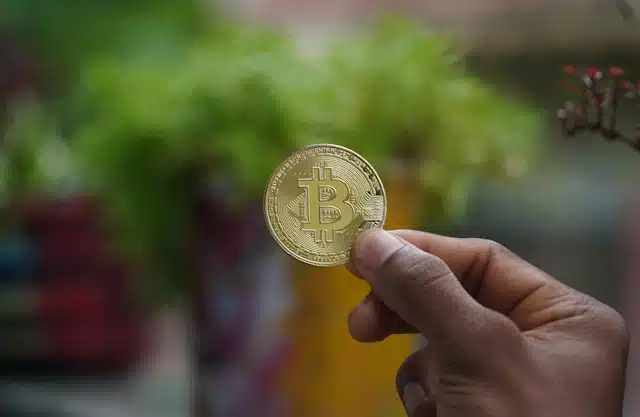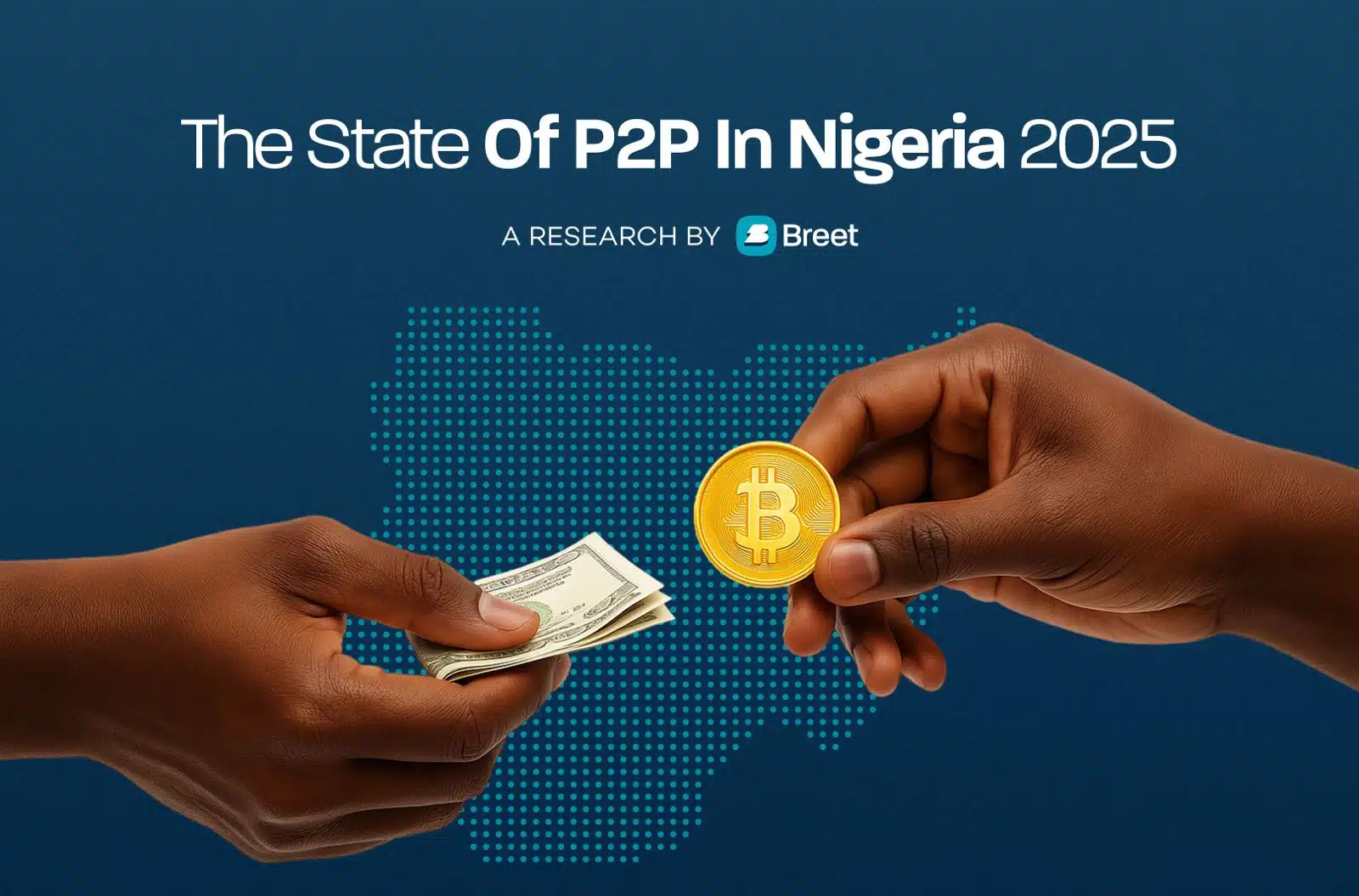In the Investment and Securities Act (ISA) 2025, virtual and digital assets are now included under the definition of securities. This means that cryptocurrencies are officially perceived as securities by the Nigerian Securities and Exchange Commission (SEC).
This development has been met with excitement by many in the crypto space, as it gives cryptocurrencies a formal legal standing in Nigeria. While this recognition is a step forward for crypto and the service providers building around it, there may be more reasons for caution than celebration.
Nigeria is not the first country to recognise crypto as a security. In 2020, the United States SEC sued Ripple Labs in a landmark case that reshaped how regulators approach cryptocurrencies.
The SEC alleged that Ripple’s sale of XRP, its native token, amounted to an unregistered securities offering worth over $1.3 billion. Ripple countered that XRP functioned more like a currency than a security, arguing that the SEC’s actions had caused billions in losses for retail investors after major exchanges delisted the token.
The legal battle, which lasted nearly three years, highlighted the risks and uncertainties that come with labelling a token a security. It caused massive disruptions and financial damages to Ripple and the wider ecosystem of innovators building around XRP.
A partial ruling in 2023 concluded that XRP was not a security when sold to the public on exchanges but was considered one when sold to institutional investors, illustrating just how nuanced and disruptive these classifications can be.
As Nigeria’s SEC moves to categorise crypto assets as securities under the ISA 2025, Ripple’s story should serve as a cautionary tale. But how exactly does Nigeria’s SEC intend to classify cryptocurrencies?
What does it mean to recognise crypto as a security?
The ISA 2025 does not provide detailed guidelines on how the SEC will categorise different cryptocurrencies. However, Adebare Akinwunmi, a digital assets lawyer and Partner at CrestHall Attorneys, believes the SEC will only concern itself with virtual assets that qualify as securities.
In simple terms, this refers to cryptocurrencies that involve “contributions of individuals towards the trading capital of a company with the hope of getting part of the profits of the company back”, Akinwunmi explained.

Victoria Fakiya – Senior Writer
Techpoint Digest
Stop struggling to find your tech career path
Discover in-demand tech skills and build a standout portfolio in this FREE 5-day email course
However, determining which cryptocurrencies fall under this definition is far from straightforward. Not all crypto assets are created for the same purpose. Some, like Bitcoin, serve primarily as payment methods, while others function as utility tokens (for accessing services), governance tokens (for voting), or even as tokenised securities that represent shares in real-world assets.
The problem is that a token can appear to be a utility token but still be deemed a security depending on how it is issued or promoted. This grey area was central to the Ripple vs. SEC case. Without clear guidance from Nigeria’s SEC, there’s a risk of confusion and hesitation in the industry, potentially discouraging innovation as companies err on the side of caution.
Akinwunmi acknowledged the need for regulatory clarity but also stressed that the SEC’s interest in regulating crypto is crucial to prevent fraud and protect investors, citing cases like CBEX as examples of why regulation is needed.
A financial markets strategy consultant added that this move positions the SEC as the lead agency overseeing cryptocurrencies and digital assets in Nigeria. Interestingly, the SEC has briefly identified the types of tokens that would be considered securities in its Rules on Digital Assets Issuance, Offering Platform, Exchange, and Custody. These include Initial Coin Offerings (ICOs), Security Token Offerings (STOs), and crypto assets issued as investment instruments.
While these rules don’t make the distinctions entirely clear, they provide some direction for stakeholders.
Regulation will be difficult
Regulating cryptocurrencies will present a significant challenge for Nigeria’s SEC, primarily due to the decentralised nature of most crypto projects. Unlike traditional securities, many tokens lack a central issuer or company that can be held accountable.
Some crypto projects are built and maintained by anonymous developers or decentralised communities spread across the globe. Even if the SEC mandates compliance from local players, how can it enforce those rules on a protocol developed by people in multiple countries, with no physical operations in Nigeria?
And if a Nigerian startup launches a token that gains international traction, will it need to comply with the laws of every country where it has users? These are difficult questions for any regulator, especially one trying to balance investor protection with the need to encourage innovation.
There’s also the question of existing tokens that may now fall under the securities category. Many of these are already traded, held, or used by Nigerians via global platforms. Will the SEC require trading to be halted until those tokens are registered?
One thing is certain: the road to regulation will not be smooth. As always, there will be friction between innovators and regulators. Crypto companies, traders, and enthusiasts may welcome the SEC’s involvement, but there will undoubtedly be multiple points of conflict before consensus is achieved.
What about stablecoins?
According to Akinwunmi, there’s already a clear stance on stablecoins: only financial institutions are allowed to issue them. “The implication of that is you need to be licensed by the Central Bank of Nigeria (CBN). They’re trying to push stablecoin issuance to the CBN,” he said.
As for global stablecoins like USDT, Nigeria may adopt a regulatory approach similar to the EU’s Markets in Crypto-Assets Regulation (MiCA). Under MiCA, stablecoin issuers are required to maintain adequate reserves, ensure transparency, and obtain proper licensing before they can operate across the EU.
Given the growing use of dollar-backed stablecoins like USDT in Nigeria, particularly for remittances and savings, it’s likely that the SEC or CBN will implement rules to ensure these tokens are properly backed and do not pose systemic risks. This could involve mandatory registration, clear reserve management guidelines, and possibly caps on transaction volumes — mirroring the EU model.
As Nigeria tries to strike a balance between fostering innovation and safeguarding its financial system, stablecoins are expected to be among the first digital assets to face tighter regulation.
As crypto regulation continues to evolve, one thing is clear: it will not be frictionless. Both innovators and regulators must prepare for difficult but necessary conversations.











